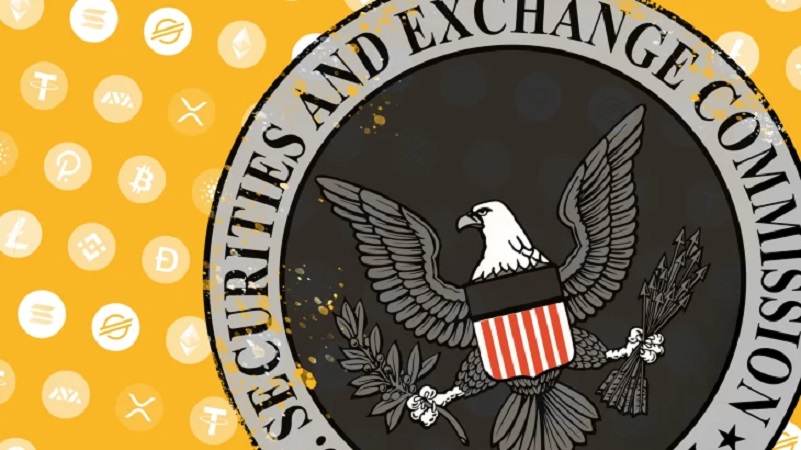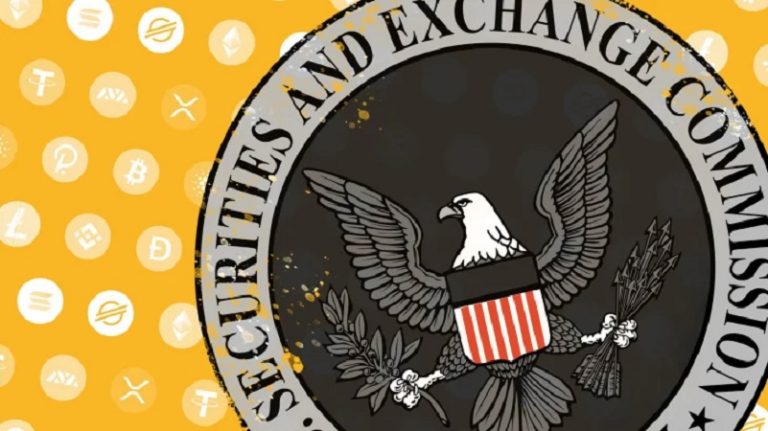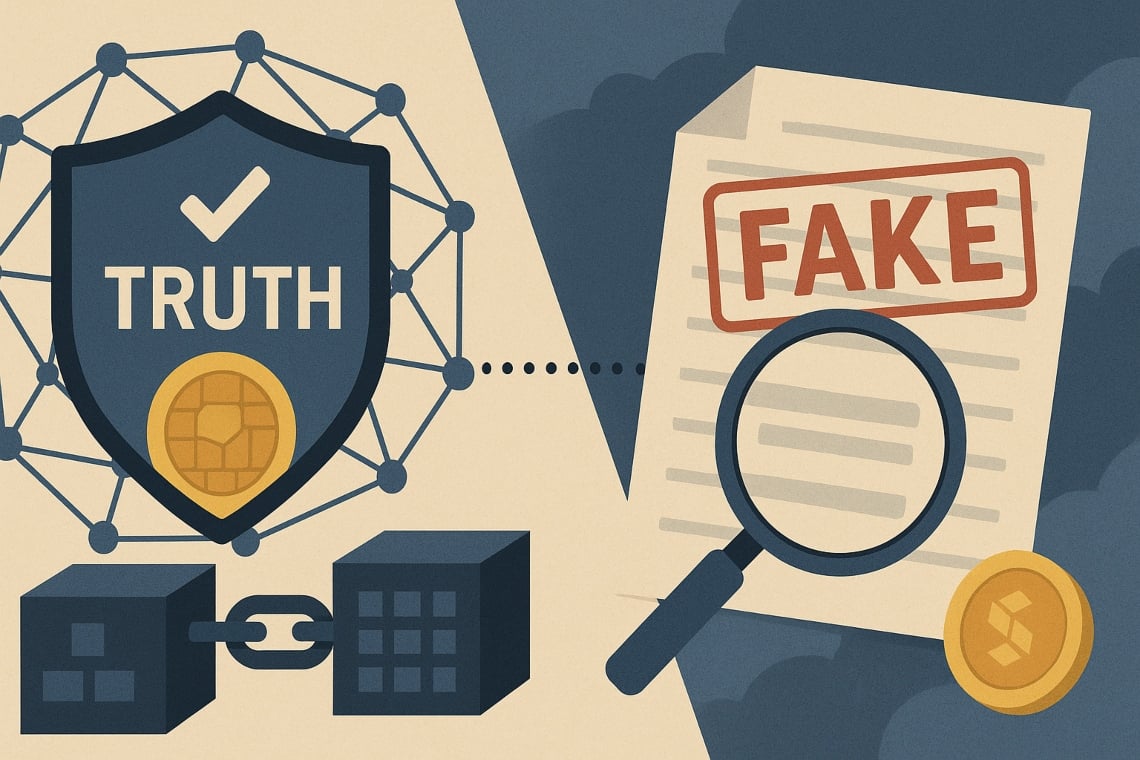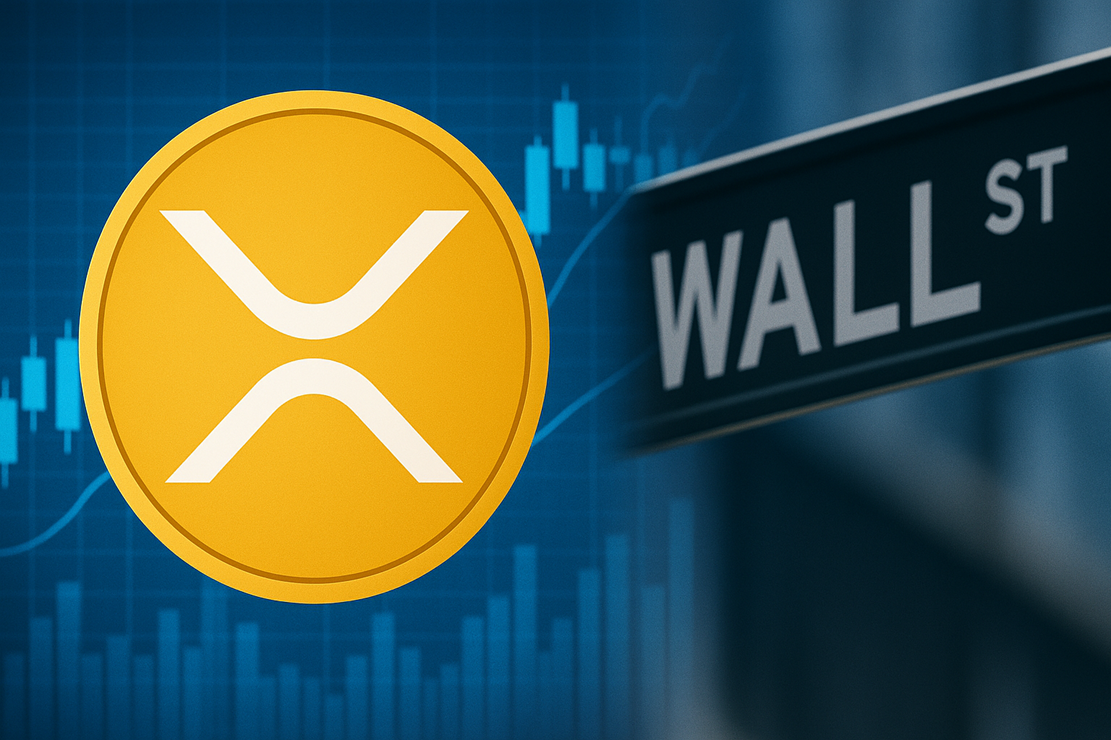US SEC Chair Paul Atkins Signals a Pro-Innovation Era for Crypto and Tokenization


During a keynote at DC Fintech Week, Securities and Exchange Commission (SEC) Chair Paul Atkins reaffirmed that cryptocurrency and asset tokenization are the agency’s “job one,” emphasizing a shift toward fostering innovation rather than stifling it through enforcement actions.
This comes amid broader efforts under the Trump administration to position the U.S. as the “crypto capital of the planet,” marking a stark departure from the previous administration’s approach under Gary Gensler, which Atkins has criticized as “regulation by enforcement” that drove innovation offshore.
Atkins, who assumed the SEC chairmanship in April 2025 after being nominated by President Trump, outlined a vision for “clear rules of the road” to support crypto asset issuance, custody, and trading. He jokingly rebranded the SEC as the “Securities and Innovation Commission,” underscoring his commitment to adapting regulations for blockchain-based technologies.
Atkins views tokenization—converting real-world assets like real estate or securities into digital tokens on blockchain—as a way to enhance liquidity and capital formation. He stated, “If it can be tokenized, it will be tokenized,” and highlighted the need for regulatory updates to accommodate on-chain securities without forcing firms abroad.
Register for Tekedia Mini-MBA edition 18 (Sep 15 – Dec 6, 2025): registration continues.
Tekedia AI in Business Masterclass opens registrations.
Join Tekedia Capital Syndicate and co-invest in great global startups.
Register for Tekedia AI Lab: From Technical Design to Deployment.
The SEC is exploring conditional exemptive relief, akin to regulatory sandboxes in other countries, allowing registrants and non-registrants to test new products and services that don’t fit existing rules. This would impose principles-based conditions focused on investor protection rather than prescriptive requirements.
Atkins advocated for “super-apps” where broker-dealers can offer services for traditional securities, tokenized assets, and non-security cryptos like staking and lending under one federal regime. This includes modernizing alternative trading systems (ATS) and enabling national exchanges to list crypto assets.
Moving away from ad-hoc enforcement, the SEC will use notice-and-comment rulemaking, interpretive guidance, and exemptions. Atkins pledged collaboration with Congress, the CFTC, and the administration, including support for bills like the GENIUS Act, which passed the House in July 2025 to clarify DeFi regulations.
Crypto Task Force Roundtables: Launched in May 2025, these focused on tokenization, custody, and trading, with a June roundtable on DeFi. The task force aims to tailor rules for non-security cryptos alongside securities.

In July 2025, the SEC greenlit the first U.S. Solana staking ETF, and issued guidance on digital asset disclosures. Atkins’ September 29, 2025, declaration of crypto as the SEC’s “number one task” triggered a 2.5% Bitcoin surge, signaling investor optimism.
The crypto sector has hailed Atkins’ approach as a “landmark moment,” with figures like Ethereum developer Eric Conner calling it a win for DeFi. However, critics like Sen. Elizabeth Warren have raised concerns over potential consumer protection gaps in the GENIUS Act.
This pro-innovation pivot aligns with the administration’s goals but will require balancing growth with safeguards. As Atkins noted in May 2025, the SEC must “keep pace with innovation” to avoid losing ground to global competitors.

Clear rules and exemptions like the regulatory sandbox could spur U.S.-based crypto and tokenization projects, reducing offshore migration. Simplified issuance, custody, and trading rules may increase liquidity and adoption of tokenized assets, potentially driving market rallies.
Integrated Platforms: “Super-apps” enabling mixed-asset trading could streamline operations for broker-dealers and enhance investor access to crypto and traditional securities.
Shift from enforcement to rulemaking (e.g., GENIUS Act support) may reduce legal uncertainties, encouraging institutional participation. Critics warn that rapid deregulation could weaken investor safeguards, necessitating careful rule design.
Aligning regulations with innovation could position the U.S. as a crypto hub, countering jurisdictions with established frameworks. Ongoing SEC task force outcomes and Congressional coordination will shape these impacts.





